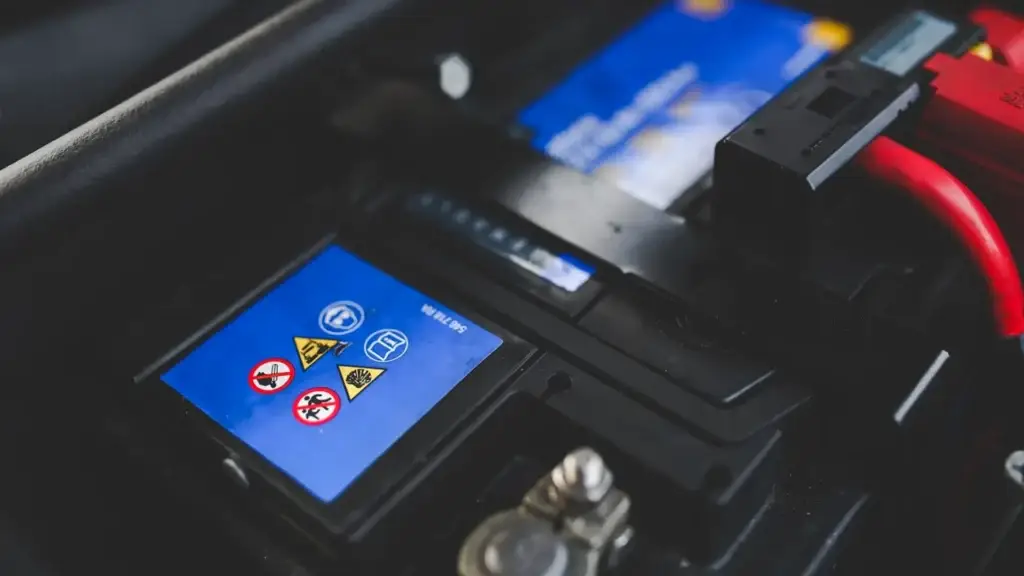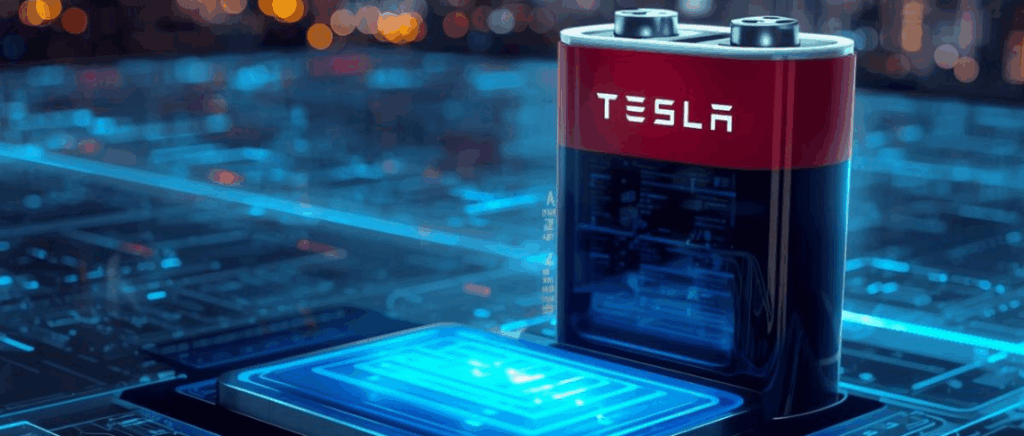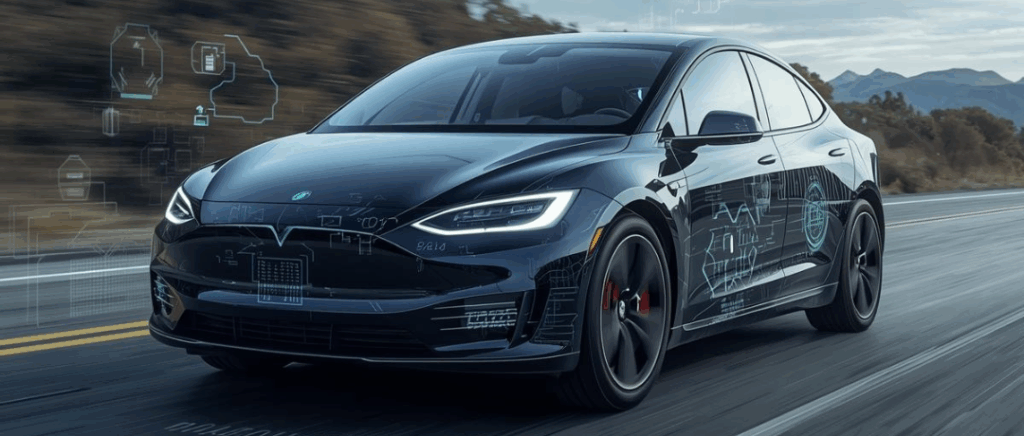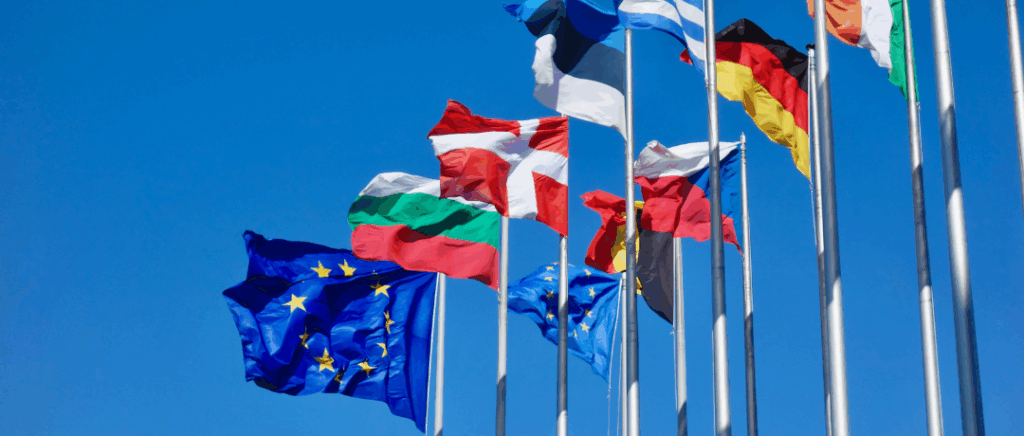Our experts answer your questions with a smile
Monday to Friday 9am - 12.30pm - 2pm - 7pm
A new life for your battery electric
Recycling electric batteries is like recycling clothes: we extract the fibres from the fabric to make a new jumper. Orano wants to do the same for batteries with its investment of 30 million euros.
It is therefore in a consortium The RecyVaBaT project was launched in conjunction with a number of French and international recycling companies, with the aim of recycling and adding value to electric car batteries. The aim is to extract the lithium and the various components of an electric battery, purify them and then reuse them to create new components for future batteries.
Orano's project is still at an embryonic stage, but the recycling companies involved in this project plan to recycle 70 % of batteries of electric cars on the European market in 2030.
Savings across the board
Thanks to the recycling of electric batteries, both manufacturers and consumers will benefit from major savings. When the project is completed, we can expect a drop in the cost of manufacturing batteries for the production of new electric cars and, consequently bring down the price of electric vehicles on the market. This price reduction has already been seen between 2010 and 2020, thanks to new techniques, from $1100 per kWh to $137 per kWh, according to an analysis carried out by the department New Energy Finance from Bloomberg.
We As we know, electric batteries currently account for a third of the price of electric cars. For example, a Tesla Model Y which costs €49,990, the price of its battery is €19,920. On a positive note, many French consumers are not tempted to go electric because of the still high prices, with a percentage of 93 %, according to a worldwide annual study by Deloitte.
With recycling, electric batteries have an almost infinite life cycle, as long as the materials they are made of can always be recycled. This is a real step forward for the planet, as the environmental impact will be considerably reduced and natural resources will be increasingly conserved.
A project also being carried out in Quebec
Quebec is also carrying out its own electric battery recycling project, with the newspaper Le Devoir reporting that the Legault government invested $22.5 million in April 2022 to build a recycling plant. In order to extract and purify the various components of electric batteries, a "hydrometallurgy" process has been put in place, and it is promising. The plant has succeeded in recover 95 % from the cells of the lithium-ion electric battery and achieve a component purity level of 99.98 %.
They hope to increase their recycling capacity tenfold over the next ten years. This is a huge step forward in the ecological transition.
































